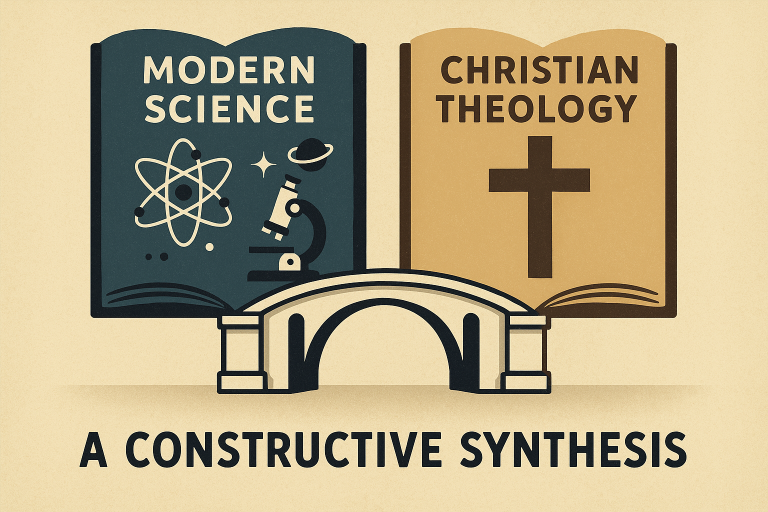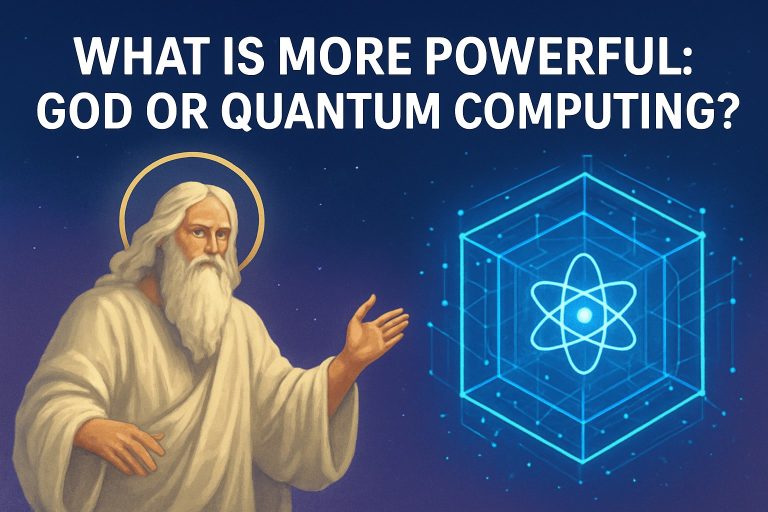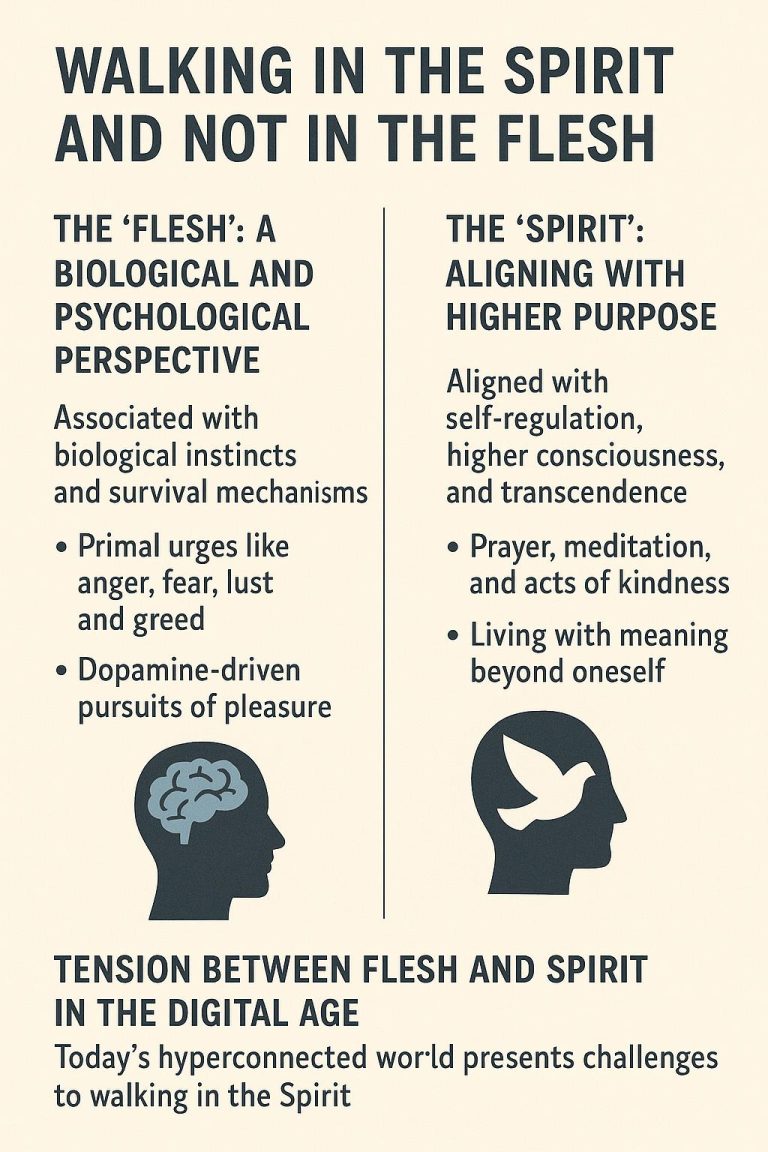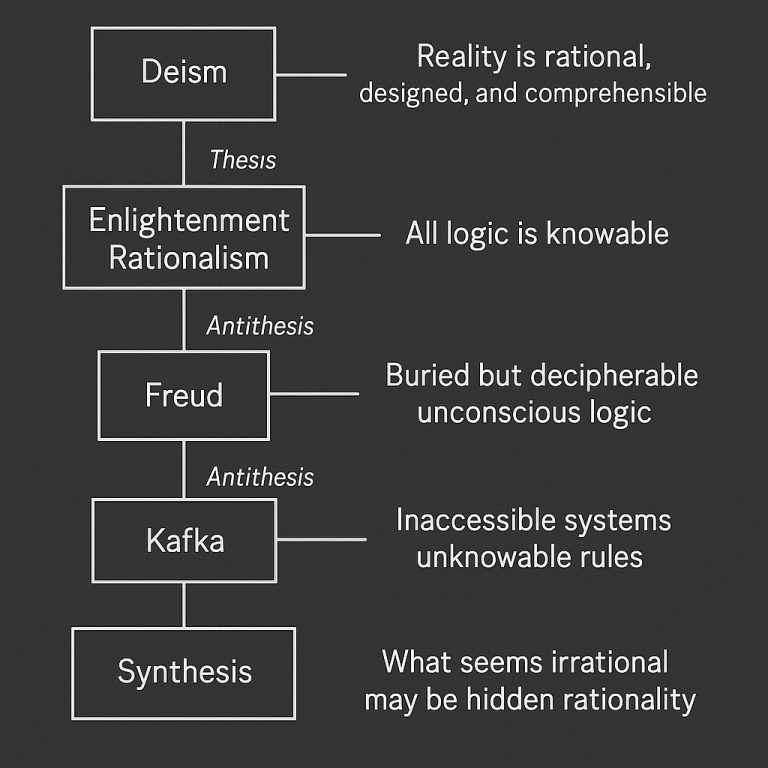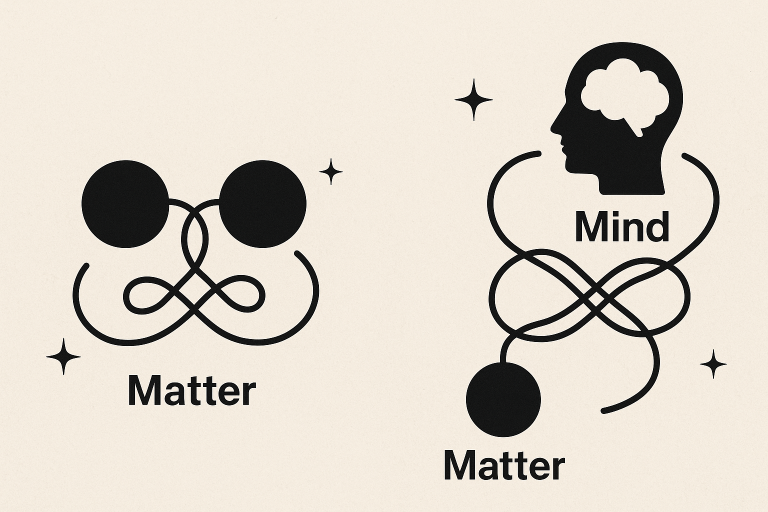Redemption and Salvation Without God’s Power: A Fallacy

The idea that humanity can achieve redemption and salvation apart from the power of God is a dangerous and deceptive fallacy. While human efforts toward moral reform, justice, and societal progress may seem noble, they fall drastically short of addressing the root problem of the human condition: sin. According to the Christian worldview, and as explicitly stated in Acts 4:12, “Salvation is found in no one else, for there is no other name under heaven given to mankind by which we must be saved.” This name is Jesus Christ, and without Him, true redemption remains forever out of reach.
In the beginning, God created man in a perfect state—free from sin, corruption, and suffering. Humanity was designed to live in unbroken fellowship with the Creator, enjoying peace, purpose, and purity. However, the enemy of God—the devil—successfully introduced sin into this perfect creation through deception and disobedience. This single act of rebellion did not merely affect individual humans but plunged the entire created order into a state of disharmony and decay. Death, disease, violence, and moral failure all stem from this original fall, and thus the solution must be spiritual, not merely social or psychological.
No system of ethics, no political movement, and no religious ritual created by man can undo the effects of the fall. Why? Because sin is not just a matter of wrong actions; it is a corrupting condition of the soul. And because of this, no imperfect being can enter the pure realm of heaven. To allow impurity into heaven would be to contaminate it, which is contrary to the very nature of a holy God.
This is where the unique power of the gospel becomes essential. Jesus Christ, the Son of God, came into the world not to merely teach or model goodness but to sacrifice Himself as the atoning payment for humanity’s sin. His blood alone has the power to cleanse, renew, and restore. Through faith in Him, a person is not merely improved—they are reborn. As Scripture teaches, “If anyone is in Christ, he is a new creation; old things have passed away, behold, all things have become new” (2 Corinthians 5:17).
This new creation status is the only pathway to adoption into God’s family and citizenship in heaven. No other identity, achievement, or moral standing will suffice. Redemption is not about becoming a better version of ourselves—it’s about being made entirely new through the supernatural work of Christ.
While humanitarian efforts, educational reforms, and peace initiatives are valuable and often necessary in the earthly realm, they are ultimately insufficient to bring about the eternal perfection that was lost. God’s intention has never been to let human effort achieve what only divine sacrifice can accomplish. Instead, He has chosen to fulfill His redemptive plan through His Son, Jesus, whose sacrifice on the cross stands as the only doorway back to communion with God and restoration of all things.
In conclusion, any vision of salvation apart from God’s power is not only incomplete but fundamentally false. The fall of man introduced a problem too deep for human hands to heal. Only through the blood of Christ can man be restored to the perfection God originally intended. Redemption, therefore, is not a human achievement—it is a divine gift.

